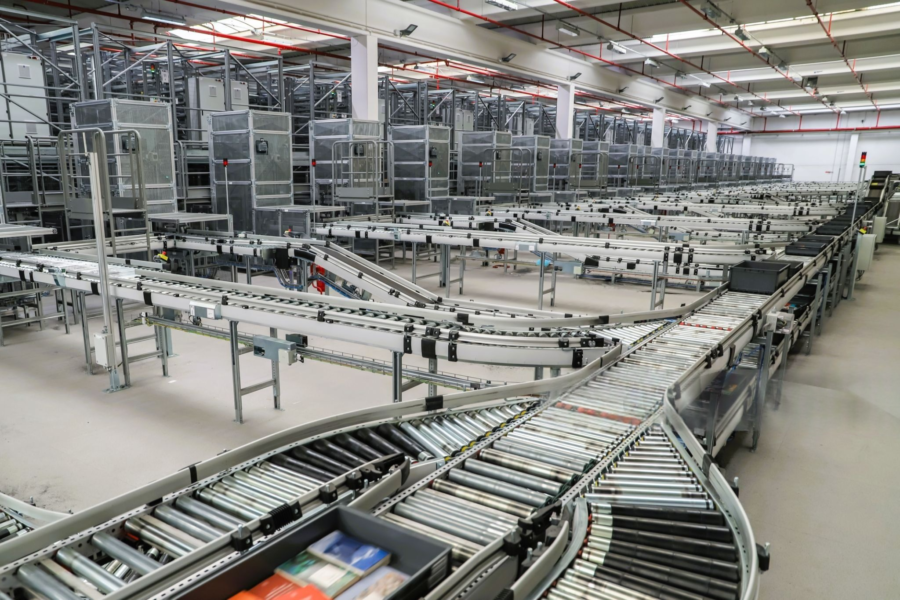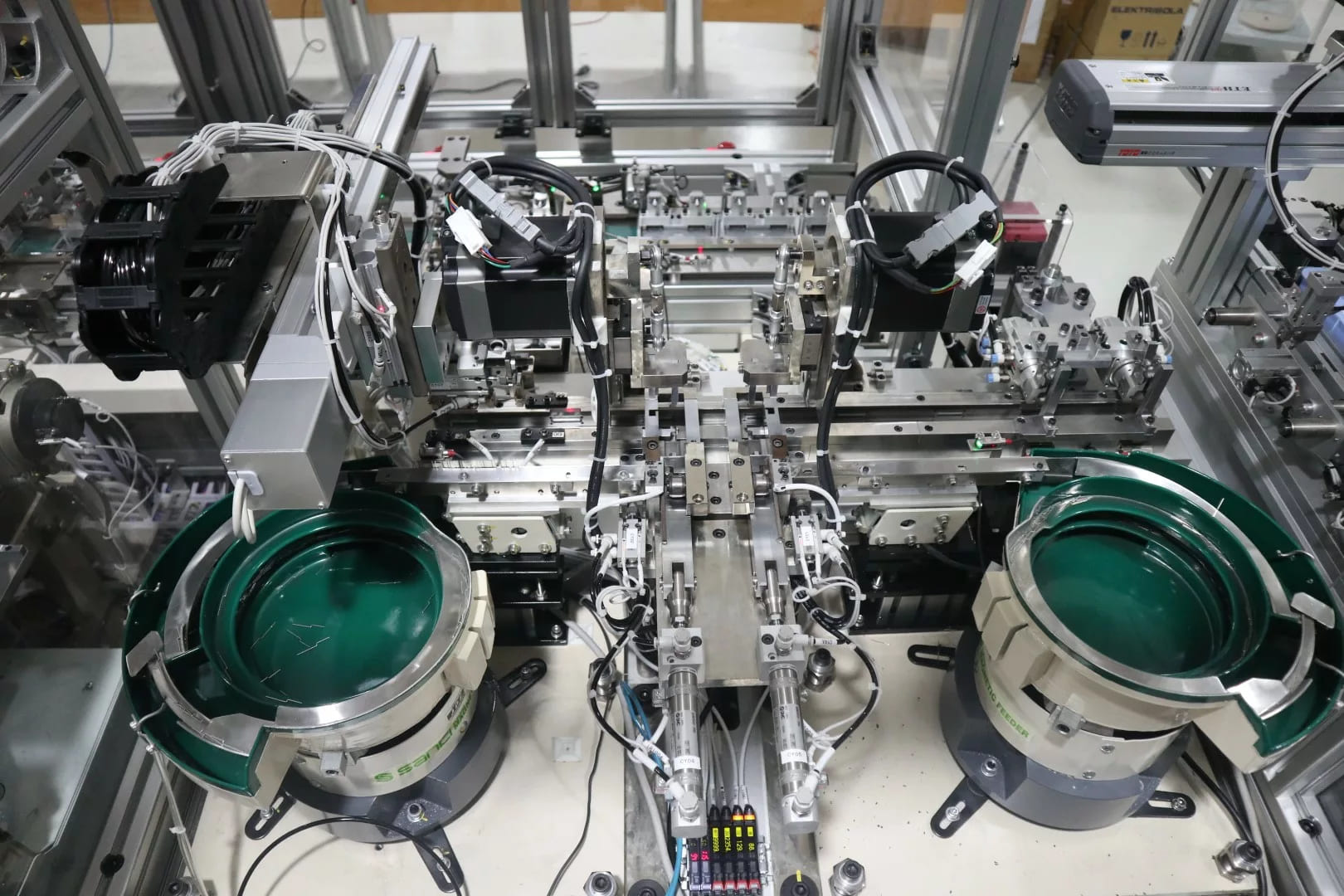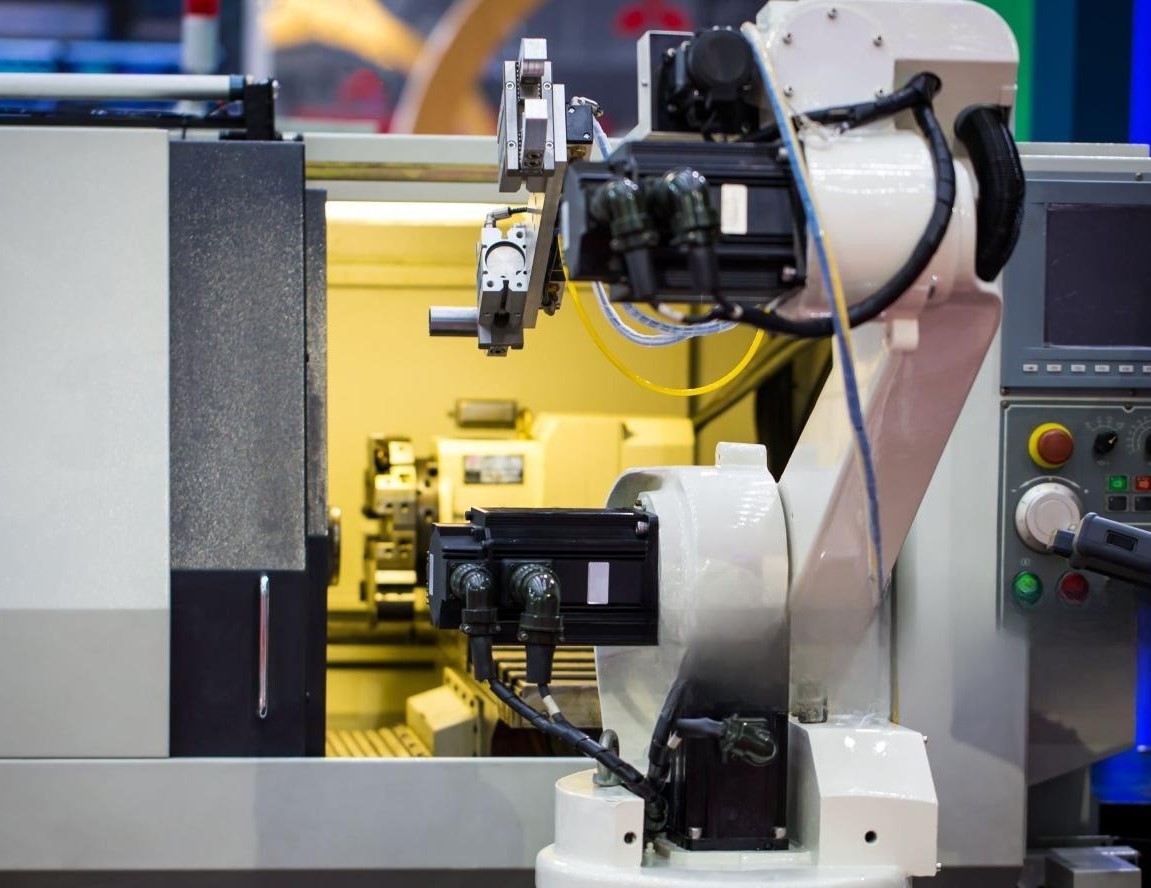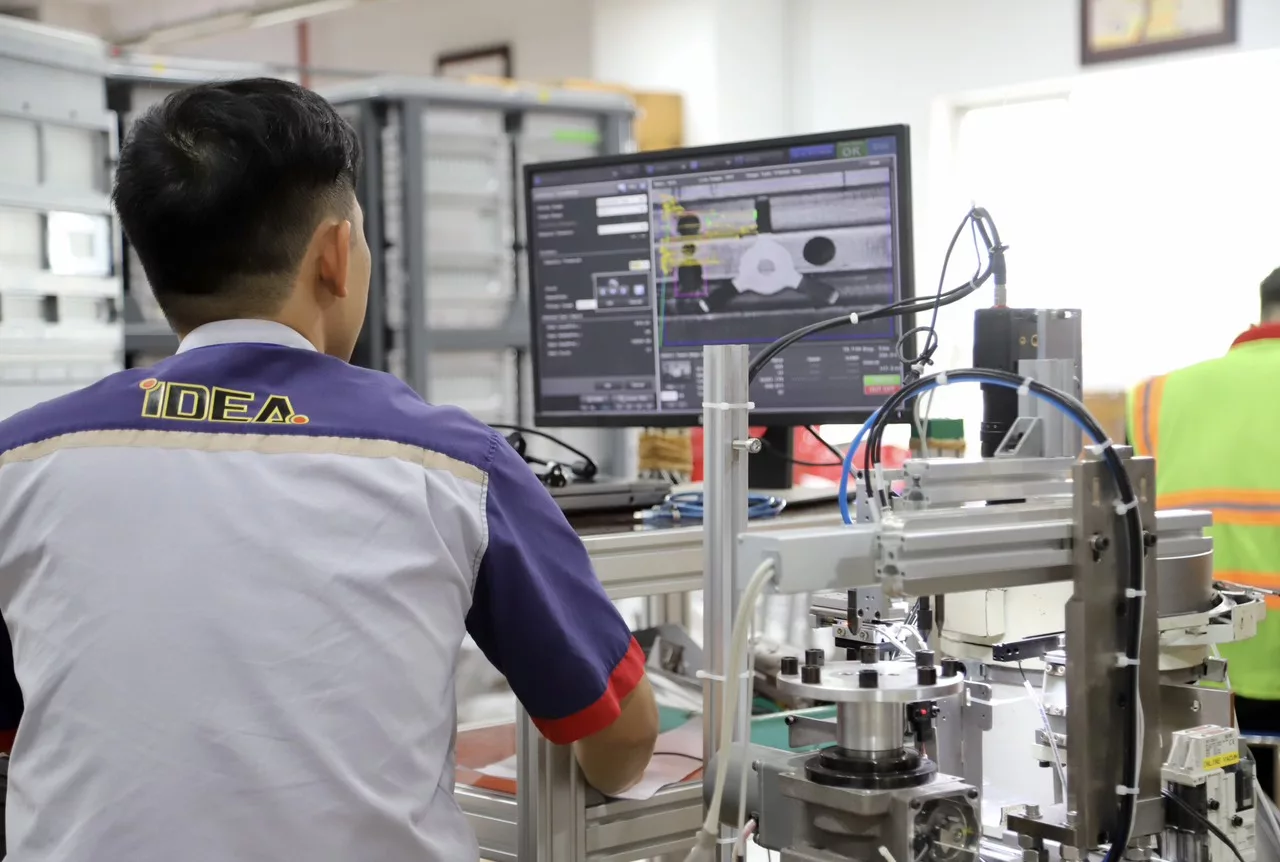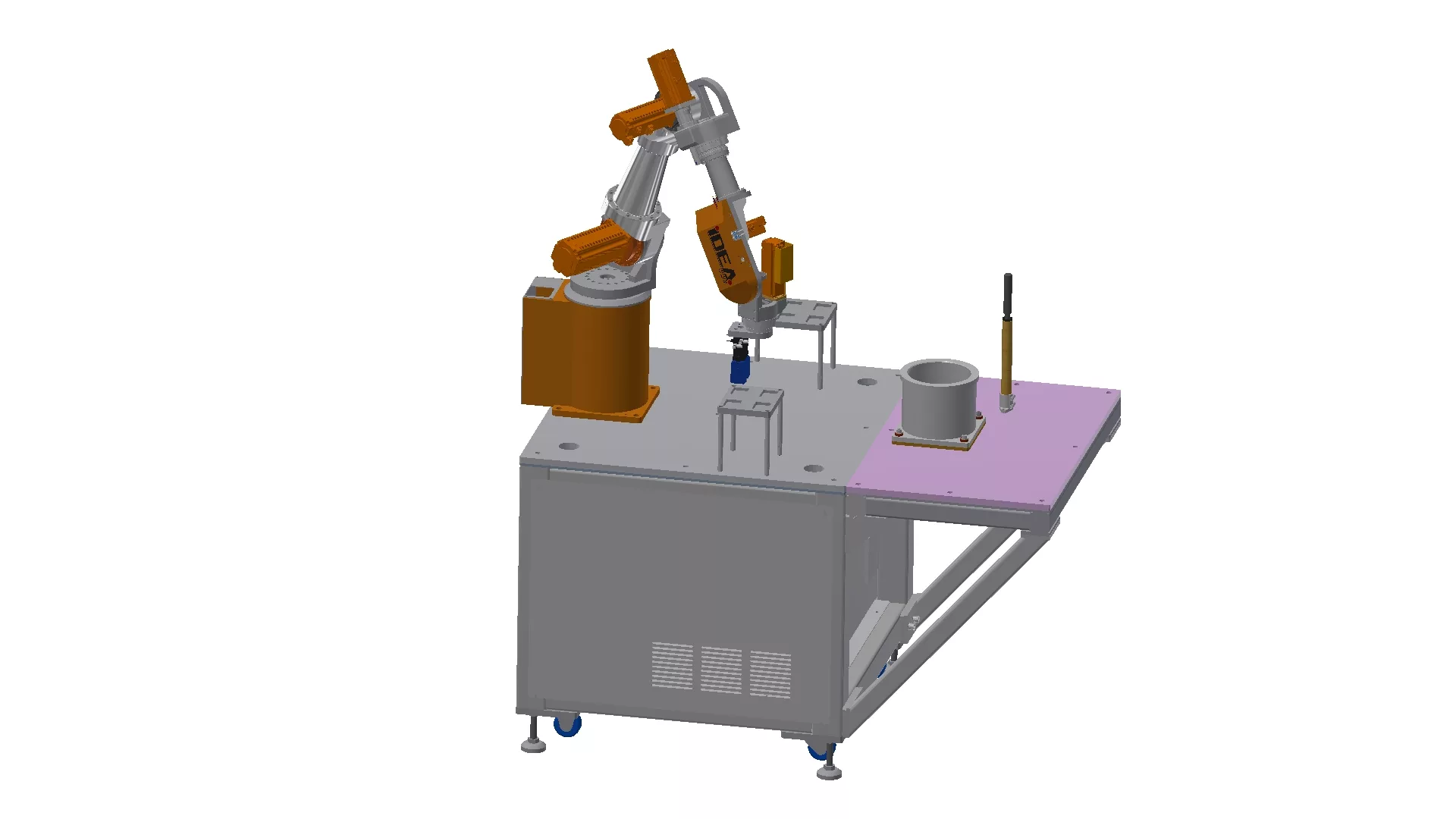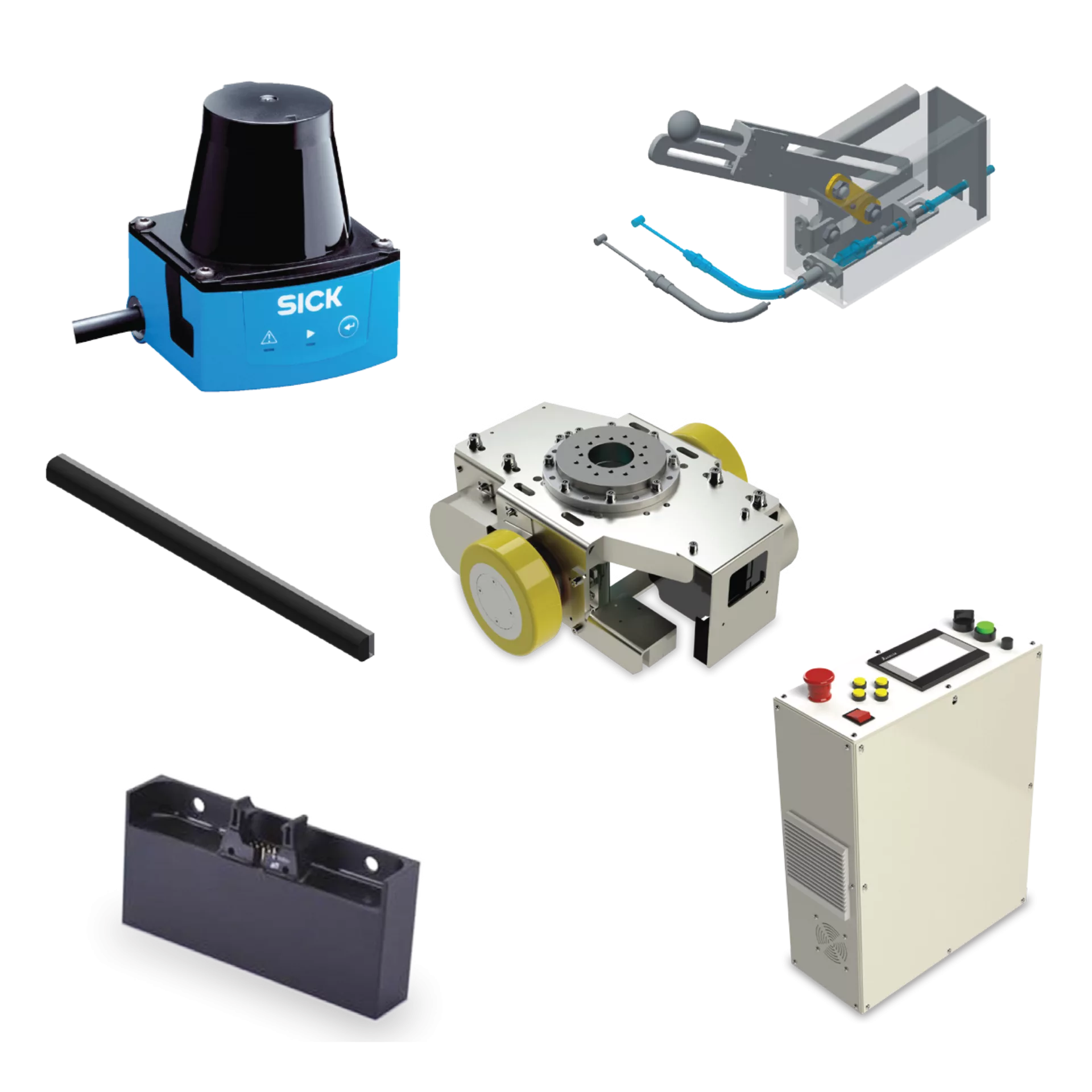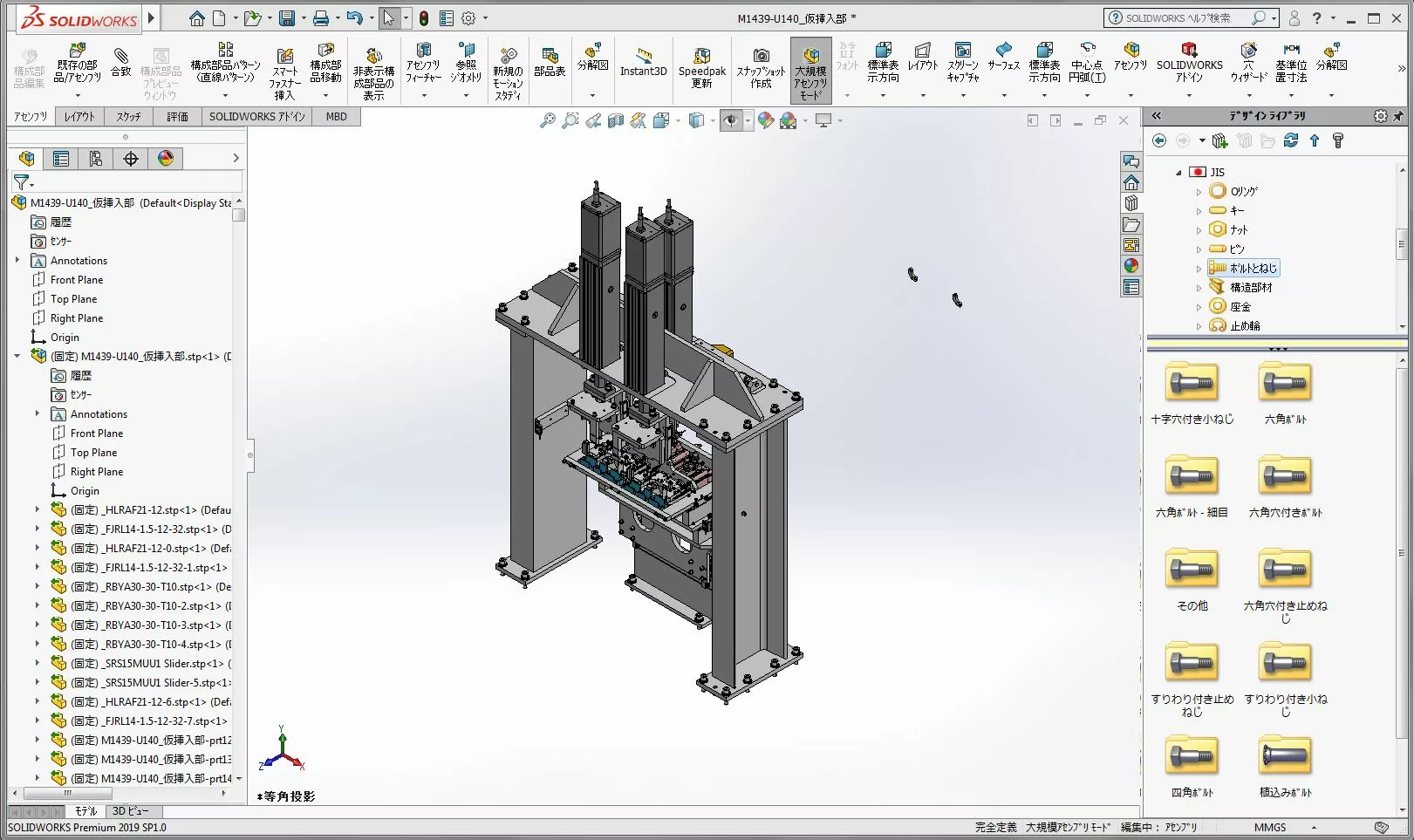As industries embrace Industry 4.0, the demand for advanced automation and intelligent systems continues to rise. At the core of this evolution is PLC programming, machine control, and smart machines, enabling manufacturers to optimize performance, boost productivity, and enhance operational reliability. Today’s smart machines leverage programmable logic controllers (PLCs) and sophisticated control software to drive precision, flexibility, and adaptability in modern production environments.
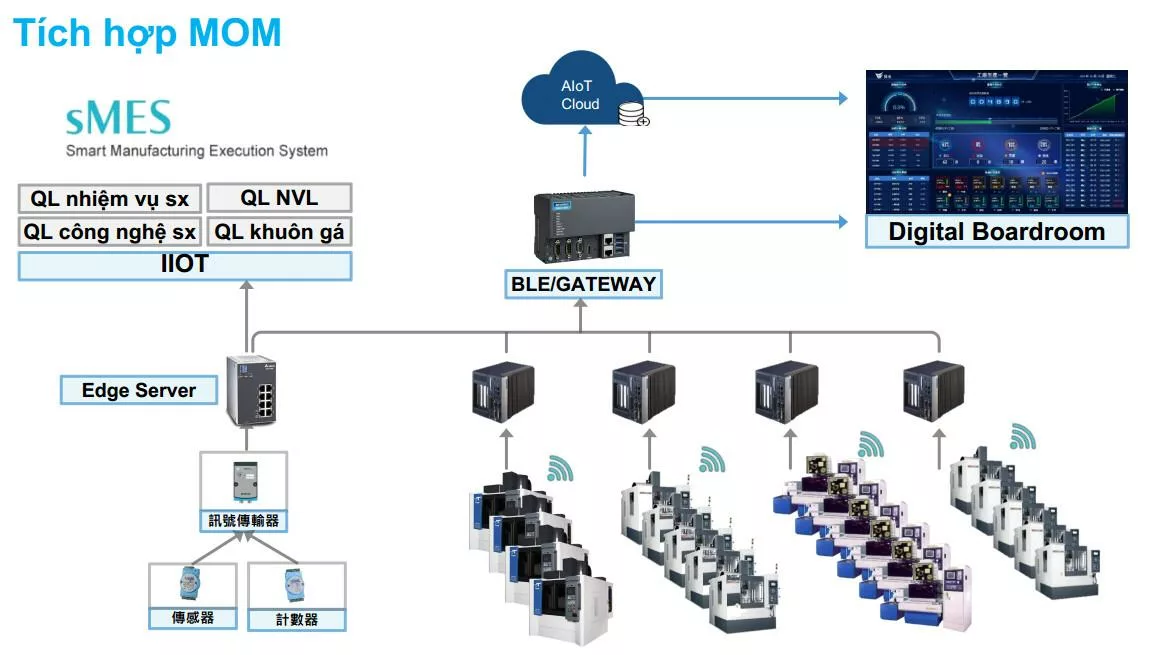
What is PLC Programming and Why is It Critical?
PLC programming involves configuring and coding programmable logic controllers to automate industrial processes. These controllers serve as the “brain” of a smart machine, managing inputs and outputs to ensure precise process control.
PLC-based systems offer several advantages:
- Real-time decision making for fast and reliable operations
- Customizable logic to handle complex industrial tasks
- Improved safety and error detection capabilities
- Easy integration with sensors, actuators, and other industrial hardware
Machine Control: The Key to Efficiency
Machine control systems work hand-in-hand with PLC programming to interpret and execute commands. Whether it’s assembling components or monitoring variables like temperature or pressure, precise control ensures optimal machine behavior.
For cutting-edge manufacturing, modern control software allows:
- Remote diagnostics and maintenance
- Data tracking and analytics for predictive maintenance
- Seamless HMI (Human-Machine Interface) integration
Smart Machines: Automation Meets Intelligence
Smart machines go beyond automation by combining PLC programming with intelligent control systems and IoT capabilities. These machines collect and share data across production lines, allowing factories to make data-driven decisions faster than ever before.
Industrial sectors like automotive, electronics, and food processing significantly benefit from these machines due to enhanced automation and minimal human error. Manufacturers adopting smart machines see increased throughput, superior product quality, and reduced operational costs.
Applications of PLC Programming in Smart Machines
- Robotic arms for precision assembly and packaging
- Injection molding machines with auto-tuning capabilities
- Automated conveyors with integrated sensors and feedback loops
- Smart CNC systems for dynamic motion control
Choosing the Right PLC and Control Platform
Not all industrial environments have the same requirements. Selecting the right PLC and programming language (such as ladder logic, function block, or structured text) depends on application complexity, machine size, and scalability goals. Top-tier vendors offer software ecosystems that simplify development and deployment of smart machine systems.
For example, IDEA Techmart provides access to advanced control hardware and software to streamline automation implementation.
Integrated Machine Design and Control Services
Seamless machine design and drafting services coupled with expert control software development ensure that PLC systems are embedded early in the engineering lifecycle. This integration enhances performance consistency and reduces commissioning time.
Additionally, engineering partners like Che Tao May IDEA specialize in building custom smart automation solutions tailored for the Vietnamese industrial landscape.
Partnering with IDEA for PLC and Control System Expertise
At IDEA Group, we offer full-spectrum support from PLC programming and machine control design to system integration and post-deployment optimization. Our experts work closely with industrial partners to create future-ready smart machines that adapt to rapidly shifting production needs.
Whether you’re upgrading legacy systems or developing a new smart production line, leverage professional PLC programming, machine control, and smart machines expertise to stay ahead of the curve. Contact IDEA today to collaborate with a leading partner in industrial machine design and manufacturing in Vietnam.


